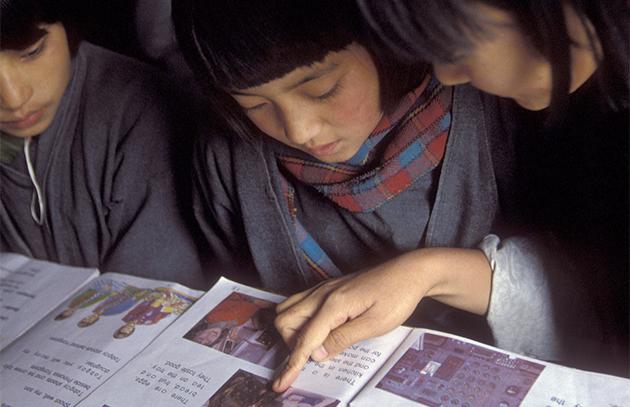Since launching the Ethics and Corruption in Education Programme in 2001, IIEP has drawn invaluable insights on the importance of a sectoral approach for diagnosing risks and formulating relevant anti-corruption measures. Integrity planning has emerged as a path for the assessment of possible corruption risks, and for addressing issues of transparency and accountability.
IIEP mainstream integrity planning into IIEP’s support to ministries in charge of education for preparation of plans.
Advances have been made during the last decade to map corruption risks in the education sector, to carry out surveys to assess the magnitude of such risks, and to document success strategies to address some of these risks. However, integrating integrity into national education sector planning processes remains to be a challenge.
Recent attempts have been made to conduct integrity assessment in the education sector, and to draw practical recommendations on this basis, but the conceptual frameworks used differ widely. In this context, IIEP has decided to pilot a new methodology that is aimed to assess corruption risks in the education sector in a comprehensive way.
In 2014, IIEP conducted an “Integrity Risk Assessment of the Kosovo Education Sector” at the invitation of UNDP, which involved a desk review and in-depth interviews with the major stakeholders that are active in the education field of Kosovo, from the central level, down to the regional, municipal and university/school level. A similar exercise is now being initiated in Georgia.
IIEP will also build an evidence base for the most critical and effective use of open data on education for promoting integrity planning.
IIEP’s research reveals how producing relevant information and ensuring access rights for both stakeholders and general society can contribute to promoting transparency in education.
While strategies and tools have been developed for improved transparency purposes, there has been no real assessment of the most effective data to be publicized, and on how to publicize it in a fruitful way. Moreover, the dialogue on these issues between education sector managers, CSOs, and the media, remains extremely limited
In this context, IIEP has decided to launch a new research project on the use of public access to information and open data on education (e.g. data made available to the public at different levels of the system, including through school cards) for improving integrity in the management of education systems.
All of the information produced as part of the research will be made available on the ETICO platform of resources.
In 2015, major activities will include:
- a policy forum on “Planning higher-education integrity”
- a pilot impact assessment study on the use of open data
- a study tour on the development and use of open data
- intensive training courses on transparency and anti-corruption issues
- the regular update of the ETICO platform of resources




